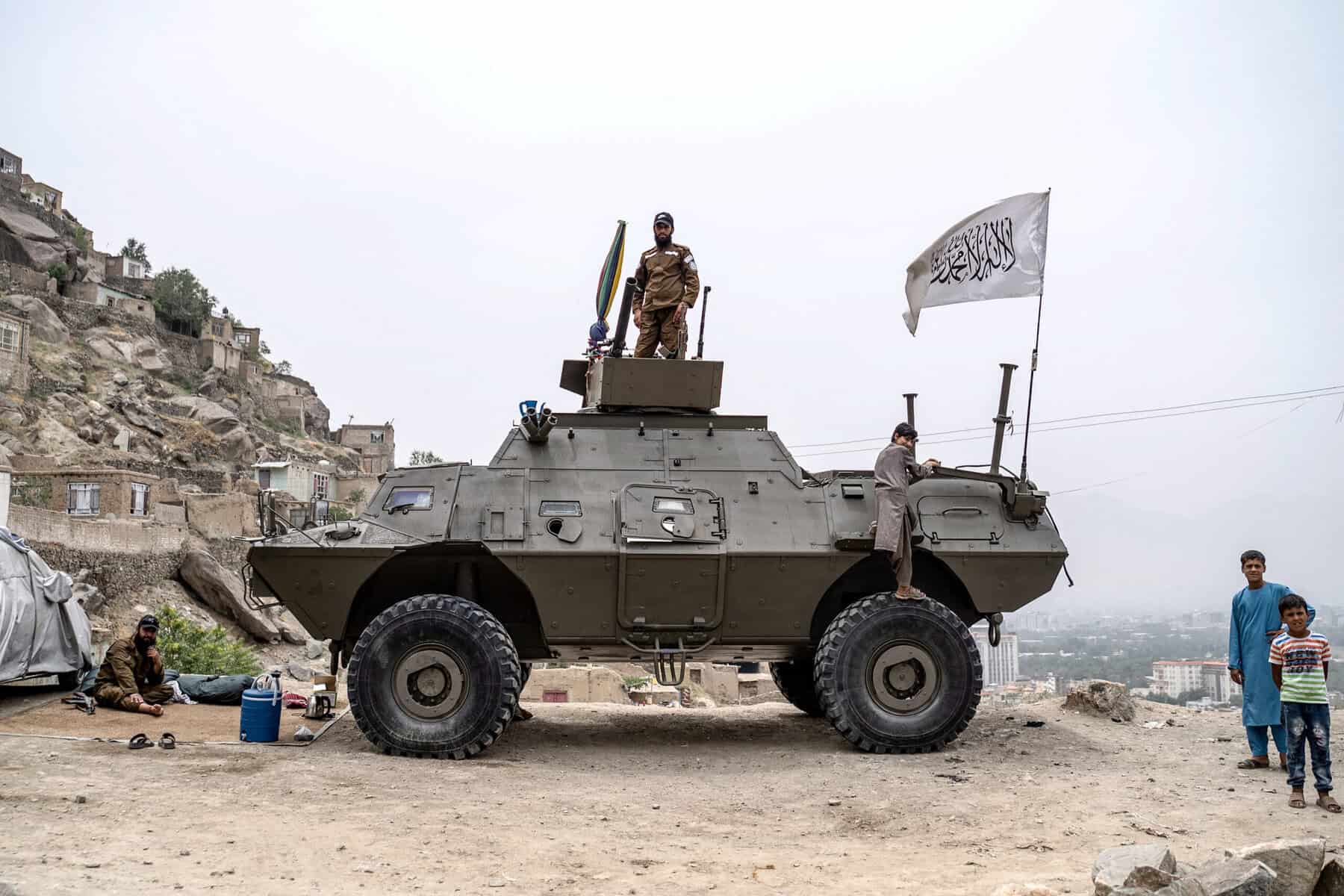More than 1.9 million Afghans have been deported this year, with the UN warning of systemic abuse under Taliban rule.

The United Nations insisted no one should be sent back to Afghanistan, after Germany on Friday deported 81 Afghans convicted of crimes to their Taliban-controlled homeland.
The UN rights office warned that surging numbers of Afghans being forced to return to their conflict- and crisis-torn country from elsewhere in the region especially but also further afield was creating “a multi-layered human-rights crisis”.
“UN High Commissioner for Human Rights Volker Turk calls for an immediate halt to the forcible return of all Afghan refugees and asylum-seekers, particularly those at risk of persecution, arbitrary detention or torture upon their return,” spokeswoman Ravina Shamdasani told reporters in Geneva.
She stressed that sending people, even those convicted of crimes, back to a country where they risk facing serious abuses “violates the core international law principle of non-refoulement”.
Germany defends deportations
The comments came after Berlin said it had deported 81 Afghan men convicted of crimes in Germany, the second such operation.
Germany, like most countries, stopped deportations to Afghanistan and closed its embassy in Kabul following the Taliban’s return to power in 2021.
ALSO READ: Taliban enforces smartphone ban in Afghan schools
But it resumed expulsions last year, when the previous government of Social Democrat chancellor Olaf Scholz expelled 28 Afghan convicts.
Iran and Pakistan ramp up mass deportations
Friday’s deportations come as Afghanistan is already reeling from the returns of more than 1.9 million people since the beginning of the year from Iran and Pakistan.
Iran has deported some 500,000 people in the past month alone, Shamdasani said.
The UN warned last week that as many as three million could arrive by the end of the year.
‘Structural and systemic discrimination’
“People returning to Afghanistan, whether by compulsion or of their own volition, find a country facing an acute humanitarian and human-rights crisis,” Shamdasani said.
“They also face structural and systemic discrimination, gender persecution, issues related to ethnicity, obstacles to full reintegration into society, and a dearth of work and livelihoods as a result of a struggling economy.”
NOW READ: Lawyers for Human Rights slam Proteas for playing Afghanistan






